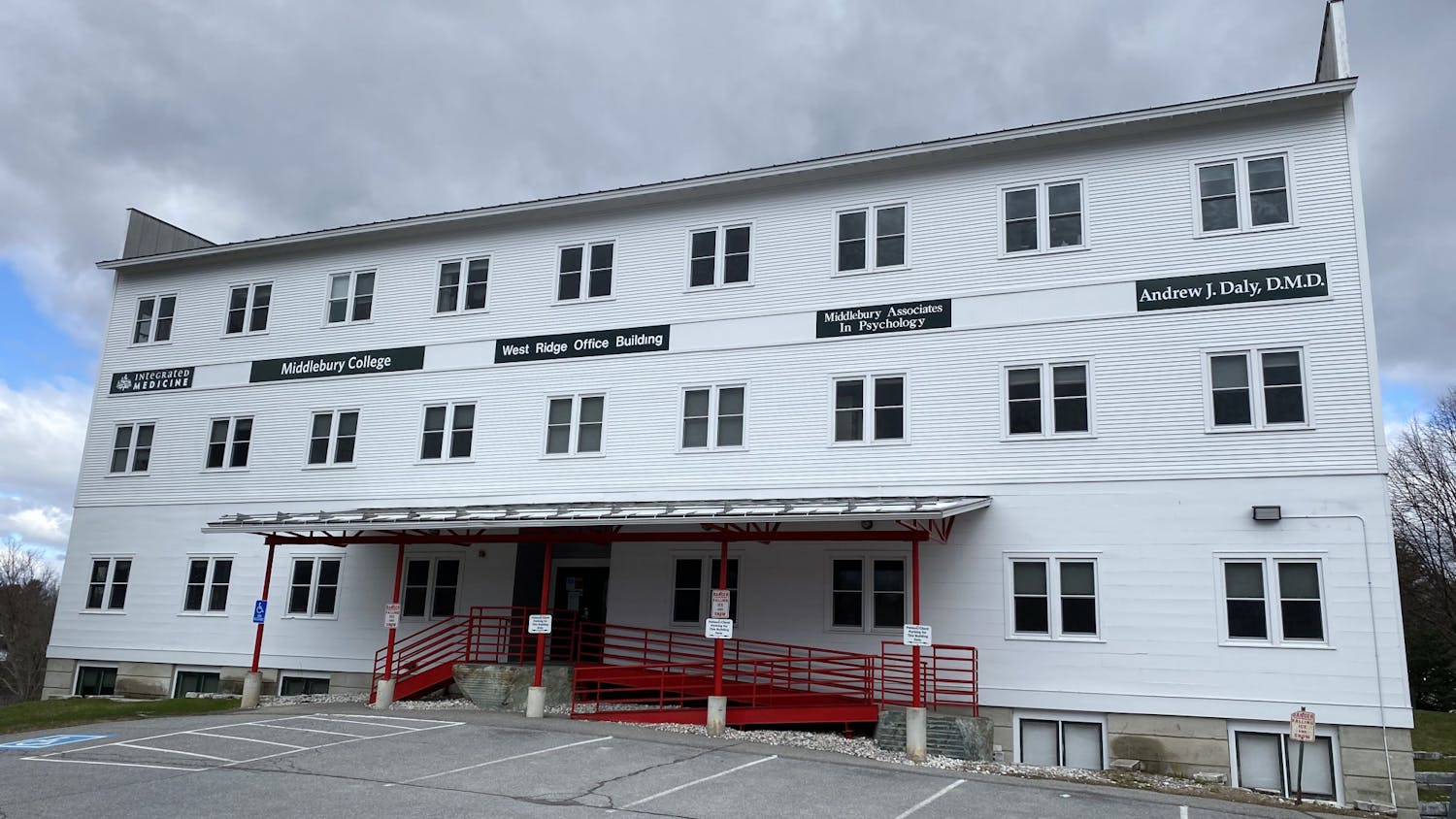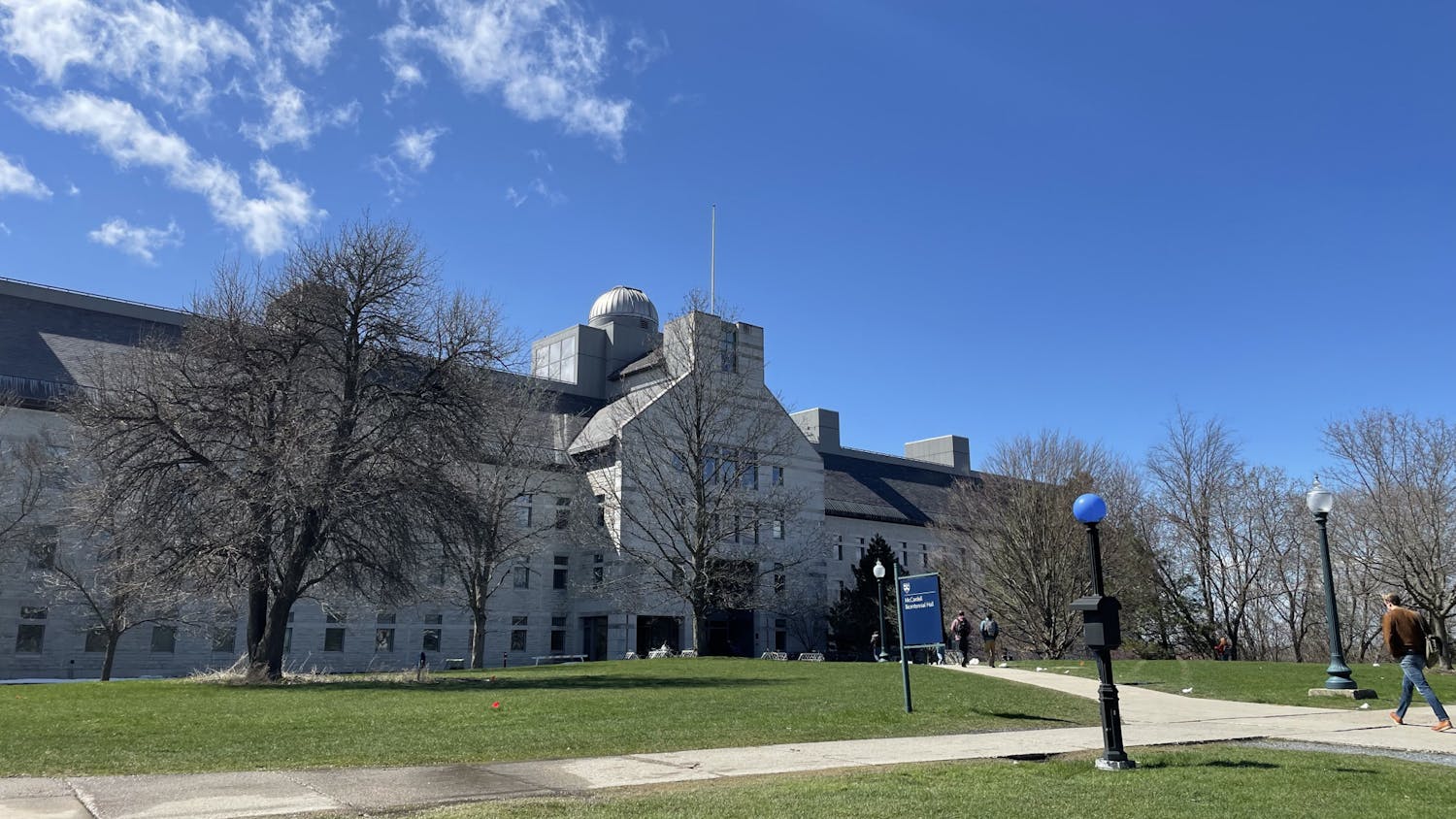Every semester, students piece together a semester’s worth of courses from hundreds of offerings across every department at the college — the product of a long scheduling process that involves all faculty, academic departments, the Dean of Curriculum’s office and the Registrar.
The process typically starts with faculty, who rank the time slots and classrooms they want for their courses. These rankings are then passed to their respective department chairs and academic coordinators.
“As the department chair, I coordinate which classes my department will offer, including the schedule and room assignments of those classes,” David Allen, department chair of Biology, said. “This is supported by the hard work of the Biology Department Coordinator Missey Thompson, the BiHall Administrative Coordinator Cathy Ekstrom, the Curriculum Information Specialist Diane Burnham and Kerrin Hoff at the registrar.”
Departments consider not only the scheduling of the courses to be offered in the following semester, but also a long-term plan for what the department will offer.
“For the Biology Department, the chair makes a rough three-year plan of courses to be taught,” Allen said. “This is shared with department faculty members and adjusted based on their feedback. Then in January each faculty member enters the courses they will teach in the next academic year.”
For new classes, faculty and the Curriculum Committee work together to make each class a reality. According to Grace Spatafora, dean of curriculum, faculty who wish to teach a new course must submit a proposal to the Curriculum Committee for review.
“The committee reviews the proposals and may make suggestions before approving the course description and the associated distribution and or cultures and civilizations tags,” Spatafora said.
Some departments have their own additional methods of creating course schedules.
Both the Biology and Computer Science Departments strive to provide two introductory courses every semester. The Biology department strives to teach all of the required classes for Biology majors and the other majors the department supports every year.
The Computer Science Department takes a similar approach.
“Classes needed for the major do get priority,” Matthew Dickerson, department chair of Computer Science, said. “Without them, we will have students who have declared the CSCI [Computer Science] major who can’t actually complete it.”
According to Spatafora, course schedules are then passed onto Course Scheduling, where the schedule is then evaluated based on feasibility.
While departments try to provide as many seats as needed, some struggle to do so.
“Unfortunately, we have been understaffed in our department,” Dickerson said. “So even with us all teaching well [beyond] the expected number of students per year, we always end up being short somewhere.”
There are also some requirements and restrictions that play a role in the academic schedule creation process. According to Hoff, much of this information can be found on the Office of Registrar section of the Middlebury College website, where the registrar provides professors and faculty with a page of guidelines and FAQs about course scheduling such as time slots available, distribution of class times, priority guidelines used by the course scheduler and more.
The Middlebury College Student Handbook under “Course Registration and Conduct of Courses” is also a useful source to learn more about these guidelines.
For example, under the “Distribution” section of the Guidelines and FAQs page, it states, “Departments must offer 1 out of 11 of their lecture sections in the 8:00 a.m. Mon-Wed-Fri and 8:00 Tu-Th time blocks (no change from current policy).”
The amount of seats in a class is determined by the course instructor.
In the Biology Department, they “try to balance enrollment pressure with the class size that best supports the learning environment,” Allen explained. They also consider “the physical constraints of classrooms, lab space or equipment, and seats in 15-passenger vans for classes with field labs.”
“A faculty member may choose to respond to student demand by increasing the enrollment cap (but not at the expense of sacrificing pedagogy) or by offering an additional section of a course,” Spatafora said.

Sabrina Salam '24 (she/her) is a Copy Editor.
She previously served as a Staff Writer. Sabrina spent this past spring semester studying abroad in Spain. This summer she interned as a Legal Intern at Verizon's headquarter in New Jersey.
Sabrina is studying International & Global Studies with a focus in Global Security. She is also a Peer Career Advisor at the Center for Careers and Internships and a DJ for WRMC Middlebury College Radio.



